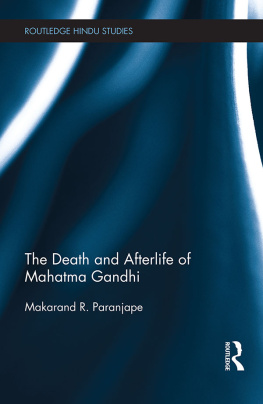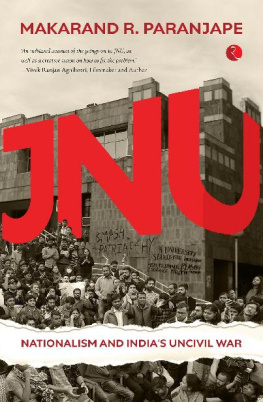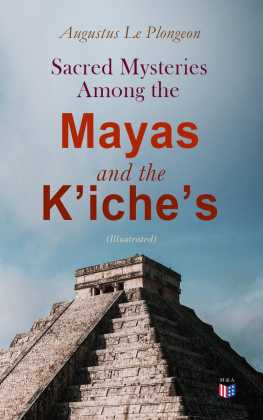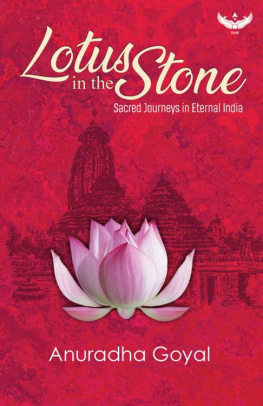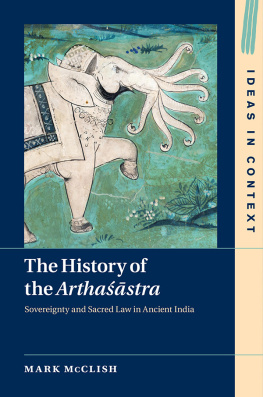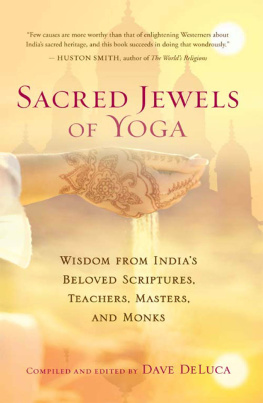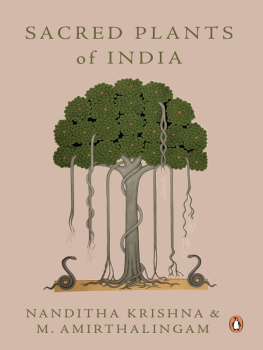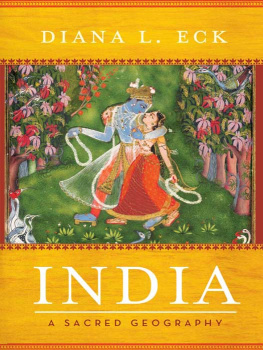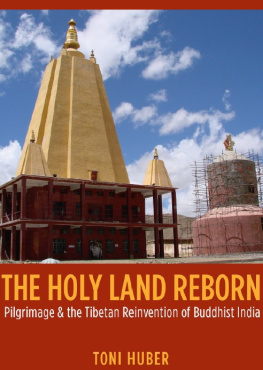
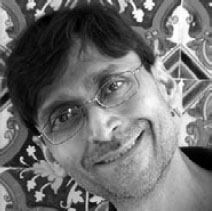
Makarand R. Paranjape is a widely published critic, poet, fiction writer and literary columnist. He is currently professor of English at Jawaharlal Nehru University, New Delhi. His latest books include Another Canon: Indian Texts and Traditions in English, Altered Destinations: Self, Society, and Nation in India and Making India: Colonialism, National Culture and the Afterlife of Indian English Authority (forthcoming).

Hay House Publishers (India) Pvt. Ltd.
Muskaan Complex, Plot No.3, B-2 Vasant Kunj, New Delhi-110 070, India
Hay House Inc., PO Box 5100, Carlsbad, CA 92018-5100, USA
Hay House UK, Ltd., 292-B Kensal Rd., London W10 5BE, UK
Hay House Australia Pty Ltd., 18/36 Ralph St., Alexandria NSW 2015, Australia
Hay House SA (Pty) Ltd., PO Box 990, Witkoppen 2068, South Africa
Hay House Publishing, Ltd., 17/F, One Hysan Ave., Causeway Bay, Hong Kong
Raincoast, 9050 Shaughnessy St., Vancouver, BC V6P 6E5, Canada
Email: contact@hayhouse.co.in
www.hayhouse.co.in
Copyright Makarand R. Paranjape 2012
who asserts the moral right to be identified as the author this work
The views and opinions expressed in this book are the authors own and the facts are as reported by him, which have been verified to the extent possible, and the publishers are not in any way liable for the same.
All rights reserved. No part of this book may be reproduced by any mechanical, photographic, or electronic process, or in the form of a phonographic recording; nor may it be stored in a retrieval system, transmitted or otherwise be copied for public or private use other than for fair use as brief quotations embodied in articles and reviews, without prior written permission of the publisher.
ISBN 978-93-81431-35-1
Designed and typeset at
Hay House India
Printed and bound at
Rajkamal Electric Press, Kundli, Sonipat, Haryana (India)
Om Sri Satgurubhyo Namah
Contents

I have incurred many debts in writing this book. The greatest of these is, of course, to the guru. As I say later in this book, the guru is an idea, or I should say, ideal, that transcends individuals. But he is also a person and an institution. I bow to the guru who, owing to his infinite compassion, has taken so many forms ever to lead us from darkness to light. From life to life, not to speak of the several lives lived in one, have I felt this guiding presence in the fortunate encounters with many who helped me in my quest for truth. I offer my salutations, both to those who feature in these pages and to those who dont. Ultimately, the whole universe conspires to liberate you as, indeed, it once did to bind you. All depends on your perspective and readiness.
Many of these chapters have appeared in earlier versions or portions in edited books and journals; some also began as papers in conferences or as talks. My thanks to the editors and publishers of the former and to the organizers and hosts of the latter for encouraging and nurturing these words. I reserve a special word of gratitude for Ashok Chopra, my publisher, who commissioned this book, and for Raghav Khattar for his painstaking copy-editing. This work, in its present form, owes much to their inputs, but all the errors and shortcoming are my own.
Many years ago when my novel The Narrator was published, unlike my usual practice of sending a copy to Yogi Ramsuratkumar, I avoided doing so. The Yogi, the mad beggar of Tiruvannamalai, had established an unbreakable bond with me. When we had met, he said, This beggar has been waiting for you for a long time. I knew, instantly, that it was the other way round: it was I who had been waiting to find him for ages. I am sure that without that meeting and subsequent connection, my life would have been incomplete. It was, by no means, a conventional guru-shishya relationship for I must confess that I could not implicitly obey his commandments.
Yet, he tolerated me, showering his love and grace, overlooking my vanity and stupidity. Now he asked why I had not sent him a copy of my only novel. After some hesitation, I blurted out, I was a bit ashamed, Bhagawan! He smiled at me quizzically. I realized instantly how foolish I was to think that I should hide my bad side from him or that I should project myself as better than I was to secure his good opinion. So, taking courage in both hands, I stammered, Bhagawan, it has some you know indecent passages !
The Yogi laughed heartily. Did you hear that? he turned to Devaki Ma, his disciple, eyes sparkling with merriment. It appears Makarand Paranjape has tried to write something he paused for a minute, then added in a higher pitch, sensational, entertaining perhaps, he wants to be popular again he laughed out loud. Ma also smiled. I looked down, mortified. Then, eyes blazing, he looked at me: Does not matter It is Fathers will. Nothing Makarand Paranjape writes will be devoid of spirituality ! Again, he turned to Ma, saying a little more softly, It cant be otherwise, isnt it, Devaki? Ma gave me a very sweet, sidelong look.
A strange kind of relief, tinged with some disbelief, swept through me.
Vijayalakshmi Ma, another of Bhagawans closest disciples, in another context, once said, There is a monster in each one of us, straining to come out. The only question is whether we can tame it or let it take over. My efforts to come to terms with my monster were often expressed in my writings. Therefore, not everything I wrote made me happy. Sometimes, it was like owning up to Frankensteins that one had inadvertently produced. But what to do? One had to offer up everything, good, bad and ugly to the fire of dispassion, doing ones best and letting go of the rest.
Justice Arunachalam, Yogis spiritual successor and the present head of the Yogi Ramsuratkumar Ashram, told me: Many things are impossible for us, but Bhagawan makes them happen. Even though we are unfit or undeserving, we are made to do Fathers work. In spite of our unworthiness, our energies are harnessed to the greater cause. I would like to believe that this book is an example of such grace. For at every step of its completion, I have seen a hidden hand directing its outcome. In that sense, this book itself in an act of faith.
There should be no confusion about the subject position of its author, though. I have no pretensions to spiritual realization. This is not the work of a person who has attained self-mastery or one who claims to guide the perplexed. Rather, it is a record of my struggles with myself, the help I received, and the path I trod. If it is useful to fellow-seekers or strengthens their faith, I shall consider my labours rewarded.
Makarand R. Paranjape

I was reaching up to the box in the loft, groping inside without quite knowing what my hands were touching. On the verge of giving up, I pulled something out inadvertently, which fell to the floor. I stepped down, disappointed that I had not found what I was looking for. But suddenly I noticed what had fallen down. An envelope and jutting out of it, a photograph. It was of Professor Girdhari Lal Tikku, or Giri as he used to be called, and me. The photo had been shot at the comfortable Tikku residence, 108 W. Mumford Drive, in Urbana, a small mid-Western university town, where I went to graduate school to do my Masters and PhD. Giri, looking very self-assured, had an arm around me. I fit quite snugly next to him, but the body language suggested a certain respect, even diffidence.
Next page

